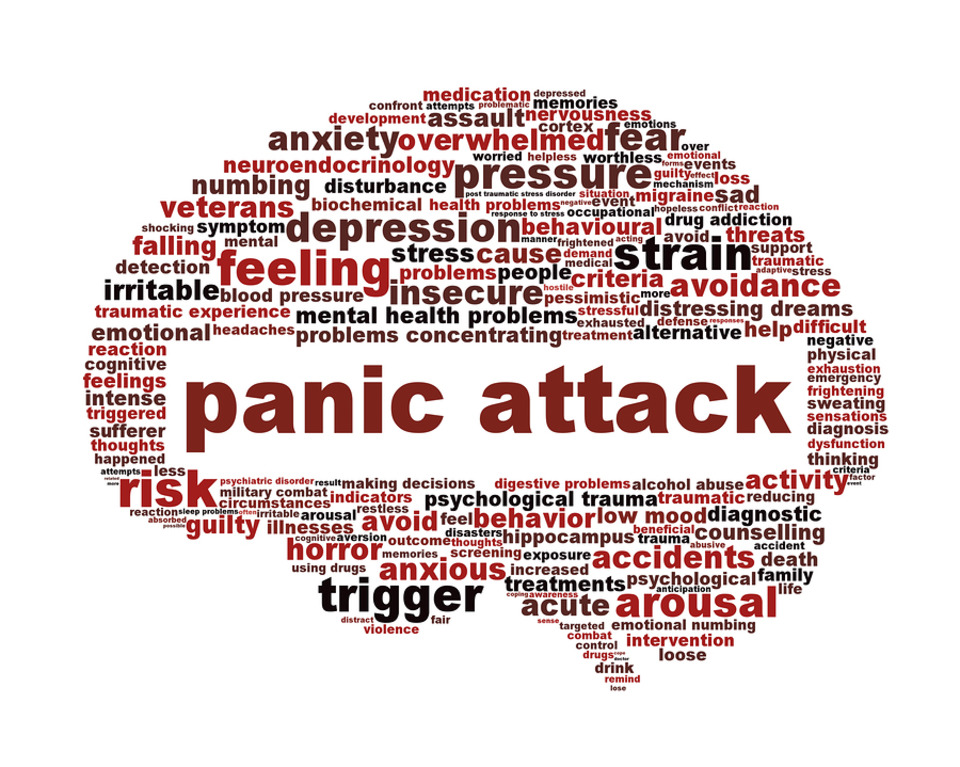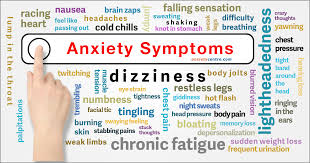Anxiety and Stress
What is Anxiety
Everyone occasionally experiences some anxiety. It is a normal response to a stressful event or perceived threat. Anxiety can range from feeling uneasy and worried to severe panic.
Although some anxiety is a normal response to a stressful situation, when the anxiety level is too high a person may not come up with an effective way of managing the stressful or threatening situation. They might “freeze”, avoid the situation, or even fear they may do something that is out of character.
Symptoms
The experience of anxiety will vary from person to person. Central features of anxiety include ongoing worry or thoughts that are distressing and that interfere with daily living. In addition to worry or negative thinking, symptoms of anxiety may include:
- Confusion
- Trembling
- Sweating
- Faintness/dizziness
- Rapid heartbeat
- Difficulty breathing
- Upset stomach or nausea
- Restlessness
- Avoidance behaviour
- Irritability
Treatment
Psychological treatment, particularly cognitive-behaviour therapy, has been found to be very effective in the treatment of anxiety.
The aim of cognitive therapy is to help you identify unhelpful beliefs and thought patterns, which are often automatic, negative and irrational, and replace them with more positive and helpful ways of thinking. It also assists you with changing behaviours that are associated with anxiety, such as avoidance or restlessness. These may be dealt with through learning relaxation techniques and through changes in the way that certain situations are handled.





